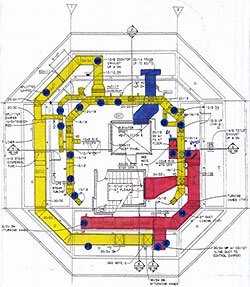Are you ready to buy or sell your home?
Whether your offer has just been received or you’re thinking about putting your house up for sale, consider these 15 important questions to ask your home inspector.

Questions?
We’d be happy to answer them — and talk about how EnviroVantage can support your next abatement, demolition, or remediation project.

